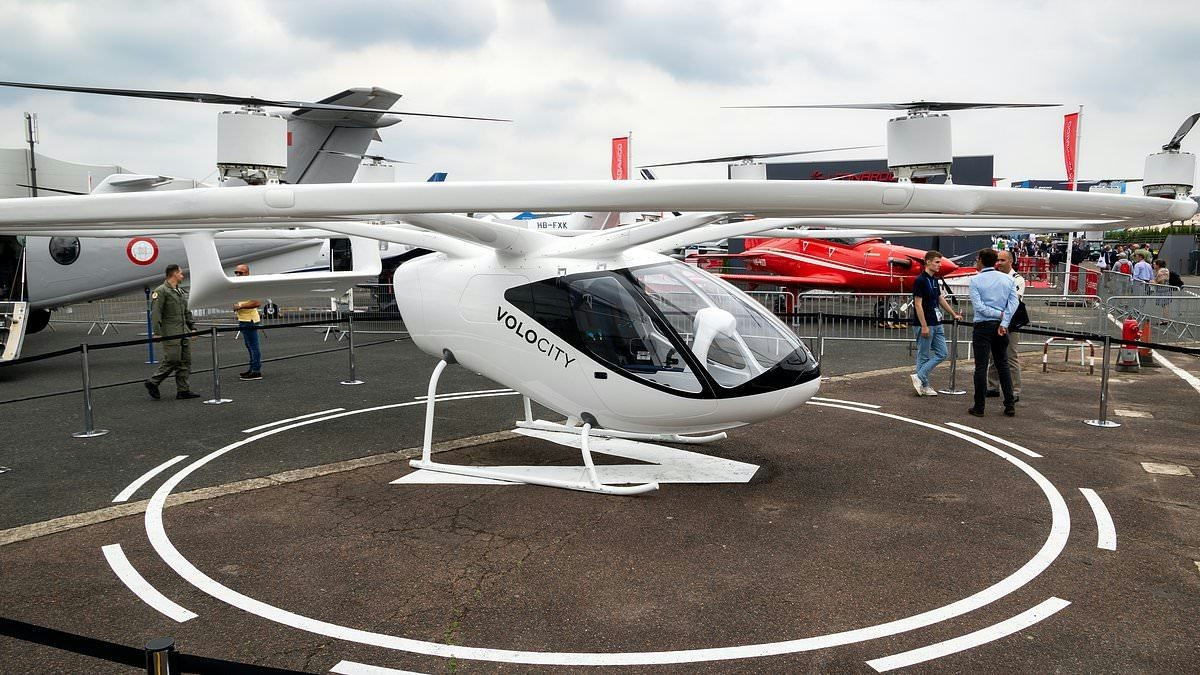AeroGenie — Your Intelligent Copilot.
Trending
Categories
The Future of Travel: AI-Powered Corridors Explained

The Future of Travel: AI-Powered Corridors Explained
Artificial intelligence is poised to revolutionize the travel experience, potentially eliminating long airport queues and reducing the stress often associated with security and passport control. Airports, airlines, and hotels are increasingly investing in advanced technologies designed to streamline every stage of a journey, from check-in to boarding, promising faster and more seamless travel for passengers worldwide.
Innovations in Passport Control and Security
Dubai International Airport is at the forefront of this transformation with its AI-powered passenger corridor. This system allows travelers to bypass traditional passport control lines by walking through a corridor equipped with discreet cameras that scan faces and match them against pre-registered biometric data. Remarkably, this technology enables up to ten passengers to clear passport control in just 14 seconds. While any irregularities are promptly flagged to security personnel, the process is largely smooth and efficient. Currently, this service is available to business and first-class passengers departing from Terminal 3, with plans for expansion across the entire airport. This initiative reflects a broader industry trend toward leveraging AI to enhance operational efficiency and improve passenger experience.
Security procedures, often a source of frustration for travelers, are also benefiting from AI advancements. Researchers at the Massachusetts Institute of Technology have developed Hexwave, an innovative body scanner that employs AI to generate instant 3D images and detect potential threats without requiring passengers to remove items from their pockets or adopt uncomfortable poses. The system alerts security staff only when necessary, allowing for targeted interventions. Several airports in the United States are currently trialing this technology for both passengers and staff, aiming to reduce bottlenecks and improve throughput.
Real-Time Passenger Tracking and Industry Challenges
Another significant development is the introduction of “digital twin” technology, which creates a real-time 3D model of the airport environment. This enables staff to monitor passenger movements from curb to gate, facilitating better flow management and reducing delays. Beyond operational benefits, this technology also opens possibilities for personalized services and smoother connections, enhancing the overall travel experience.
Despite these promising innovations, the widespread adoption of AI-powered travel corridors faces considerable challenges. Regulatory compliance and data privacy concerns remain paramount, alongside the need for substantial infrastructure upgrades to support these new systems. Implementing such technologies on a global scale will require coordinated efforts and significant investment from industry stakeholders.
The market response has been swift, with travel companies and transit providers ramping up their AI investments. Competitors are either enhancing their own technological capabilities or forming strategic partnerships to maintain a competitive edge. For instance, Durham’s “traffic service priority” employs AI to optimize transit speeds, while companies like YOYI TECH utilize AI-driven tools for advanced travel marketing, underscoring the expanding role of artificial intelligence in shaping consumer interactions.
As AI continues to evolve, its integration into the travel sector promises not only increased speed and convenience but also a fundamental transformation in how people navigate the world—contingent on the industry’s ability to address the challenges that lie ahead.

Emirates Unveils Cabin Design for New Boeing 777X

Eighteen Years On, the Airbus A380 Remains Central to a $34 Billion Airline

How a boom in luxury airline seats is slowing down jet deliveries

Navitaire Outage Attributed to Planned Maintenance

DigiYatra Debuts Outside Aviation at India AI Impact Summit

Vietnam Orders Strengthen Boeing’s Commercial Outlook

Airbus Signals Uncertainty Over Future A400M Orders

JobsOhio Awards $2 Million Grant to Hartzell Propeller for Innovation Center

Collins Aerospace Tests Sidekick Autonomy Software on YFQ-42A for U.S. Air Force CCA Program

How the Airbus A350-1000 Compares to the Boeing 777
